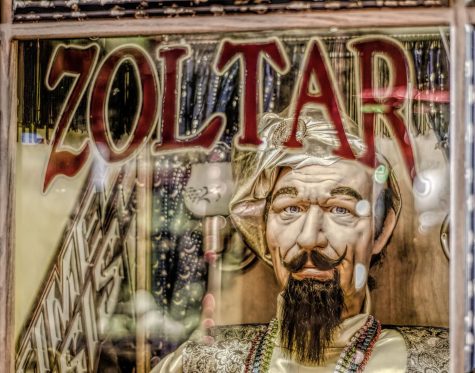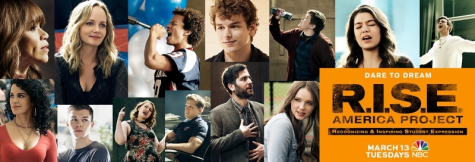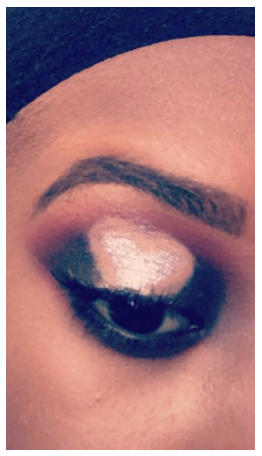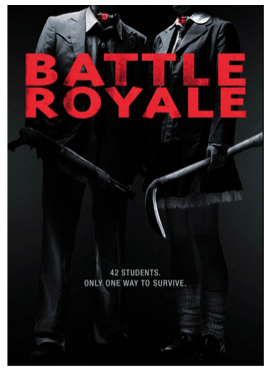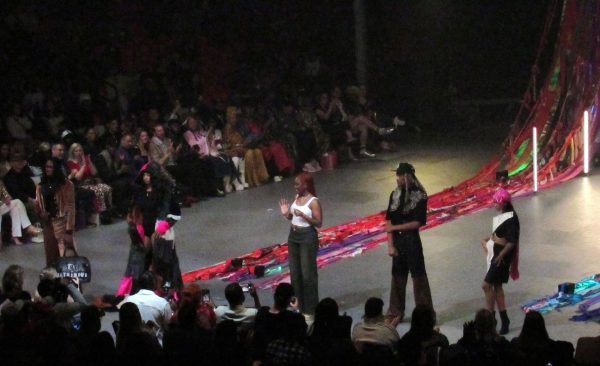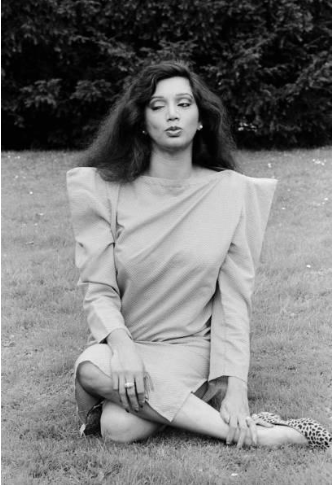Disney movies promote objectionable morals
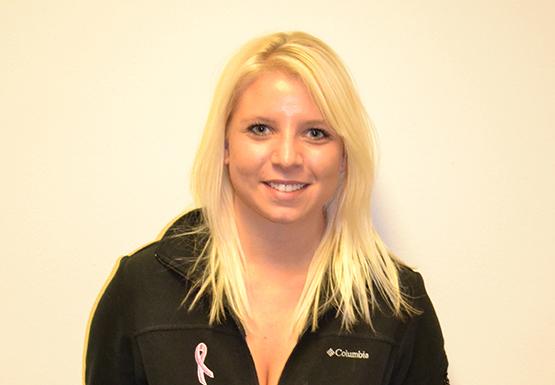
Like most American children, I grew up watching Disney movies. It wasn’t until recently that I realized how much these films skewed my perception of the world and fed me questionable lessons on morality.
Don’t get me wrong: I love Disney movies as much as the next 90s kid. But the messages that these movies give children, especially young girls, are very flawed.
Their inherent messages give young girls unrealistic expectations of what they should grow up to be.
Cinderella and Snow White and the Seven Dwarfs are older Disney movies that portray the stereotypical gender roles of men and women. The female protagonists clean and bake while the men protect and defend them. Girls are given the impression that as long as they stick to their gender roles, a prince will come and sweep them off their feet.
Every Disney princess is thin, beautiful and always manages to get the prince in the end. Likewise, the male counterpart tends to be handsome and muscular. Even in Beauty and the Beast, a movie that is supposed to prove that looks aren’t everything, suggests that beauty is important. The beast ends up changing back into a handsome prince, providing the audience with relief. They live happily ever after.
Another example is The Hunchback of Notre Dame. The hero, Quasimodo, is a nice guy who saves the girl and ends up getting snubbed for a much more attractive man. Must we wonder why this happens so much to the nice guy in real life?
The Little Mermaid is a movie about a girl who will do anything to be with a man who she has never even spoken to. Ariel is a beautiful mermaid with a lovely voice. She gives it up to be with someone that she can only be attracted to based on looks and social status. The idea there is that you must change if you want someone to love you.
While Disney reinforces the idea that beauty is good, they also imply that ugly is bad. You’ll notice that almost all of the antagonists in these films are unappealing. Cinderella’s evil stepsisters are ugly, the witch in Snow White is old and the witch from The Little Mermaid is fat. Evil men are also unattractive and usually wear black. These perceptions are given to children and we grow up believing that bad people are easy to spot and ugliness is immoral.
Disney has more influence than ever, branching out with television shows, music and other media marketed toward children. Shows such as Hannah Montana, Wizards of Waverly Place and The Suite Life on Deck provide children with role models like Miley Cyrus and Selena Gomez. I’m not sure I would want my adolescent children looking up to these young celebrities.
Although I have always been entertained by Disney films, I cannot help but think that many social issues that we have may stem from the impressions these highly celebrated movies have on children.
Email: [email protected].



